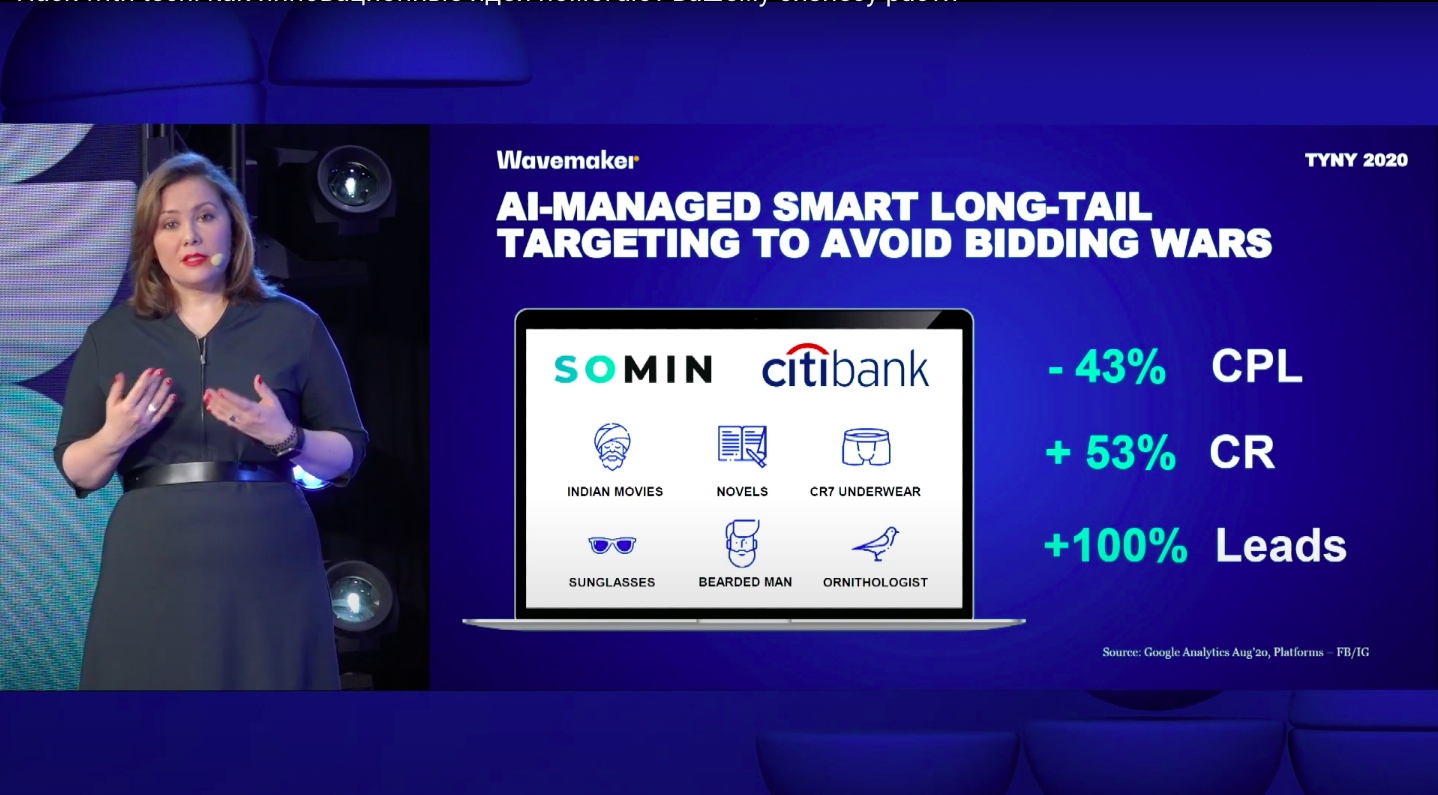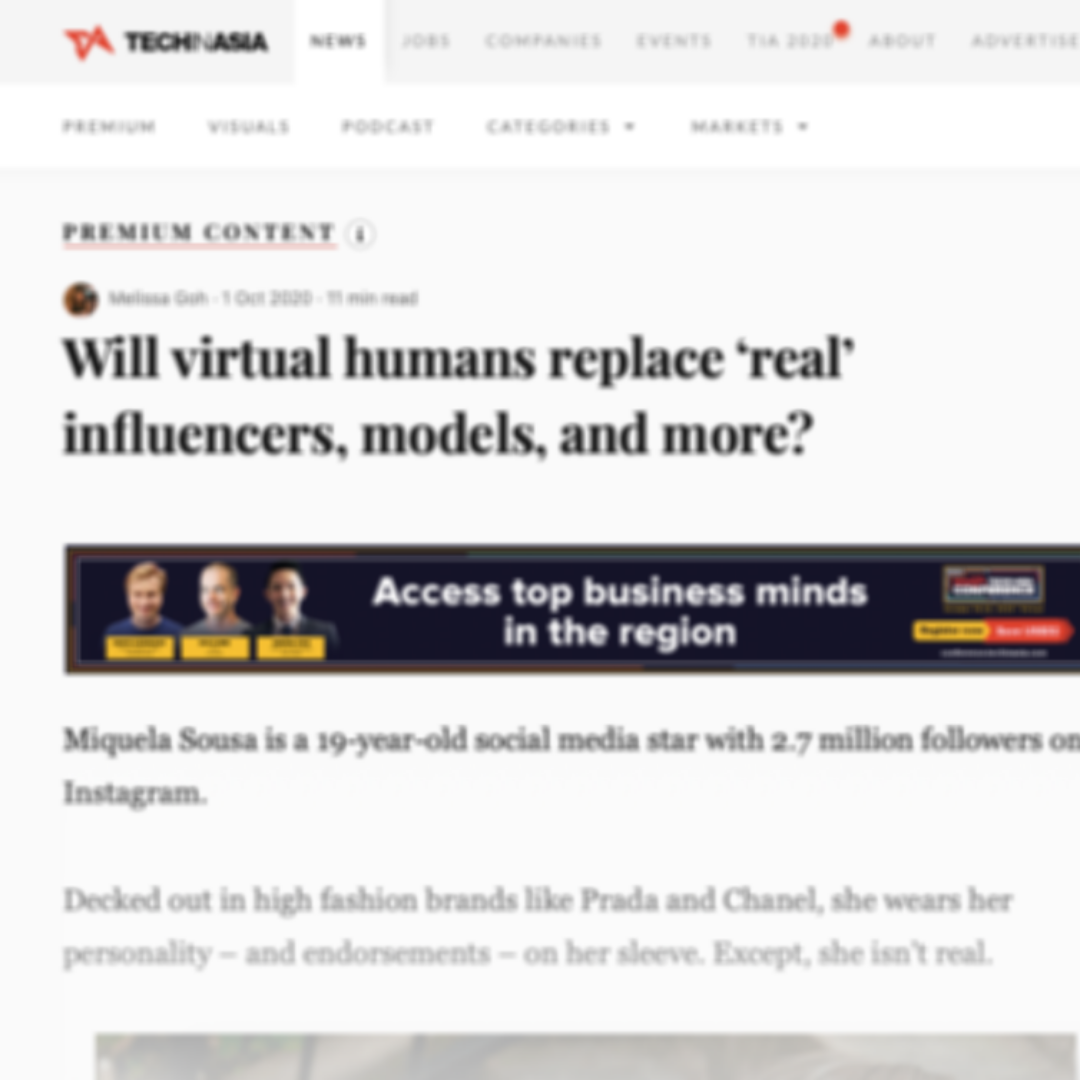Nowadays, social networks play a crucial role in human everyday life and no longer purely associated with spare time spending. In fact, instant communication with friends and colleagues has become an essential component of our daily interaction giving a raise of multiple new social network types emergence. By participating in such networks, individuals generate a multitude of data points that describe their activities from different perspectives and, for example, can be further used for applications such as personalized recommendation or user profiling. However, the impact of the different social media networks on machine learning model performance has not been studied comprehensively yet. Particularly, the literature on modeling multi-modal data from multiple social networks is relatively sparse, which had inspired us to take a deeper dive into the topic in this preliminary study. Specifically, in this work, we will study the performance of different machine learning models when being learned on multi-modal data from different social networks. Our initial experimental results reveal that social network choice impacts the performance and the proper selection of data source is crucial.
Wellness is a widely popular concept that is commonly applied to fitness and self-help products or services. Inference of personal wellness-related attributes, such as Body Mass Index (BMI) category or diseases tendency, as well as understanding of global dependencies between wellness attributes and users’ behavior is of crucial importance to various applications in personal and public wellness domains. At the same time, the emergence of social media platforms and wearable sensors makes it feasible to perform wellness profiling for users from multiple perspectives. However, research efforts on wellness profiling and integration of social media and sensor data are relatively sparse, and this study represents one of the first attempts in this direction. Specifically, we infer personal wellness attributes by utilizing our proposed multi-source multitask wellness profile learning framework — “WellMTL”, which can handle data incompleteness and perform wellness attributes inference from sensor and social media data simultaneously. To gain insights into the data at a global level, we also examine correlations between first-order data representations and personal wellness attributes. Our experimental results show that the integration of sensor data and multiple social media sources can substantially boost the performance of individual wellness profiling.
Venue category recommendation is an essential application for the tourism and advertisement industries, wherein it may suggest attractive localities within close proximity to users’ current location. Considering that many adults use more than three social networks simultaneously, it is reasonable to leverage on this rapidly growing multi-source social media data to boost venue recommendation performance. Another approach to achieve higher recommendation results is to utilize group knowledge, which is able to diversify recommendation output. Taking into account these two aspects, we introduce a novel cross-network collaborative recommendation framework C 3R, which utilizes both individual and group knowledge, while being trained on data from multiple social media sources. Group knowledge is derived based on new crosssource user community detection approach, which utilizes both inter-source relationship and the ability of sources to complement each other. To fully utilize multi-source multi-view data, we process user-generated content by employing state-of-the-art text, image, and location processing techniques. Our experimental results demonstrate the superiority of our multi-source framework over state-of-the-art baselines and different data source combinations. In addition, we suggest a new approach for automatic construction of inter-network relationship graph based on the data, which eliminates the necessity of having pre-defined domain knowledge
Press About Us

Lenta has completed piloting a Singapore startup to set up targeted advertising, the company's press service reports.
Lenta's digital marketing service, with the support of the company's Innovation Center, tested the project on an Instagram advertising platform for a month. The artificial intelligence platform processed data from social networks and determined user preferences.
As a result, the effectiveness of targeted advertising has increased 2.5 times compared to using classic tools for launching advertising campaigns. It was originally planned that this figure will grow by 20%.
“During testing, we paid attention not only to the cost per click, but also to the bounce rate. Quality traffic is important to us. The startup really identified users for whom our advertising was relevant, ”said Boris Evdokimov, head of Lenta's digital marketing department.
Thanks to the use of artificial intelligence, the company will be able to halve the costs of launching advertising campaigns on Instagram and increase the number of conversions in stores by 37%.
Earlier it was reported that "Lenta" opened a large distribution center in the Leningrad region. Online sales of Lenta grew 6.5 times in Q3 2020.

Getting leads for credit card and personal loan applications in the banking industry has always been an ordeal. So when we applied our technology to Citibank’s products and saw a 40% uplift in sales we got really excited. There’s no greater satisfaction than seeing your products solve persistent industry problems.
Even better when the clients and their partners talk about you because of the proven result.

